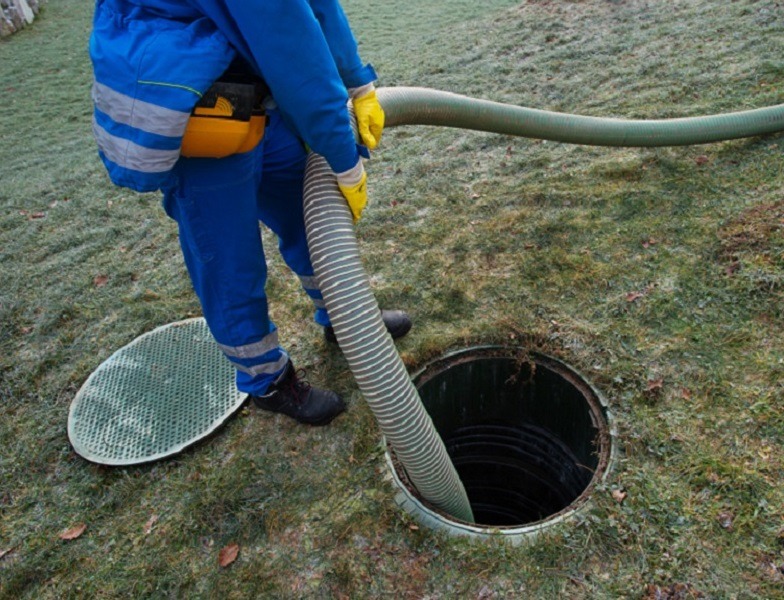Insurance for Septic System Contractors

Because septic system contractors typically work below ground, they often aren’t sure what they may encounter at jobsites. In addition to spills and wastewater considerations, there may be storage tanks, piping, or other equipment that could be punctured, affecting soil or groundwater.
These contractors have to be cautious not to create a pollution condition or exacerbate an already underlying issue. We have a successful track record writing this class of business, offering industry-leading coverage and superior service. Read more about exposures and coverage for environmental contractors.
Environmental concerns for sewer utility contractors
Clearing/site grading/excavation activities
- During these activities, underground storage tanks may be punctured or piping may be broken open which could result in pollution spills below ground. This could result in cleanup costs, bodily injury (from contaminated drinking water wells, for example), or third party property damage from migration of pollutants to adjacent properties.
- Sewer line installation may be conducted in sensitive or protected areas such as wetlands. If the topography or pitch of the area is changed, silt or other pollutants may be discharged into the surrounding environment which could affect surface waters or biota in the area, causing Natural Resource Damages.
Releasing contaminants at a jobsite, either through chemicals or equipment brought onto jobsite, or those that are uncovered during work at the job site.
- Spills or backflow of contents from connected structures such as cesspools, septic tanks, or grease traps, etc. into the environment or adjacent properties causing environmental or property damage.
- Air emissions such as welding fumes, concrete dust, sewer gas, or combustion engine releases (such as carbon monoxide, nitrogen oxides, and particulates).
- Spills of wastewater, cleaning chemicals, or debris associated with sewer line maintenance or cleaning.Spills of fuels, lubricants, cleaners/flocculants, or cleaners from equipment such as vacuum/jet trucks or generators, etc.
- During site work, sewer contractors may encounter pipes that are used for things other than sewage such as gas lines or water mains. If those structures have holes in them or are compromised, sewer line contractors may be held responsible for the compromised condition of these structures.
Transporting waste or materials to or from a job site
- Spills may occur while chemicals or equipment are being transported to or from the jobsite, or during loading/unloading.
- Spills may occur while waste, debris, sludge, etc. are being transported from the jobsite to a disposal site.
Disposal of waste at non-owned facilities
- Sewer debris, such as sludge, discarded filters, and in some cases hazardous waste, may be disposed of improperly causing contamination at the landfill or disposal facility. This may result in claims against the landfill or disposal facility which could come back to the original generator (sewer contractor) of the waste.
- In general, if appropriate waste management protocols are not followed, civil fines or penalties can be assessed against the sewer contractor.
Insured’s owned premises
- Contamination at owned premises caused by the maintenance or storage of heavy equipment, mobile equipment, or vehicles.
- Storage of paints, chemicals, solvents, etc. at owned premises.
- ASTs used for waste oil, hydraulic fluids, or fuel.
- USTs used for refueling vehicles, heating oil, etc.
Available coverage for septic system contractors includes:
- GL/Contractors Pollution Liability
- Professional
- Transportation Pollution Liability
- Workers Compensation
- Auto
- Storage Tank Liability
- Site Pollution Liability
- Follow Form Excess
Target risks within this industry:
- Septic pumping and installation contractors
- Sewer contractors
- Porta potty rental, cleaning, and servicing businesses
- Plumbers
For more information, please contact us or call (800) 596-2156.
Submit an account >>
Type: Blog
Topic: Septic